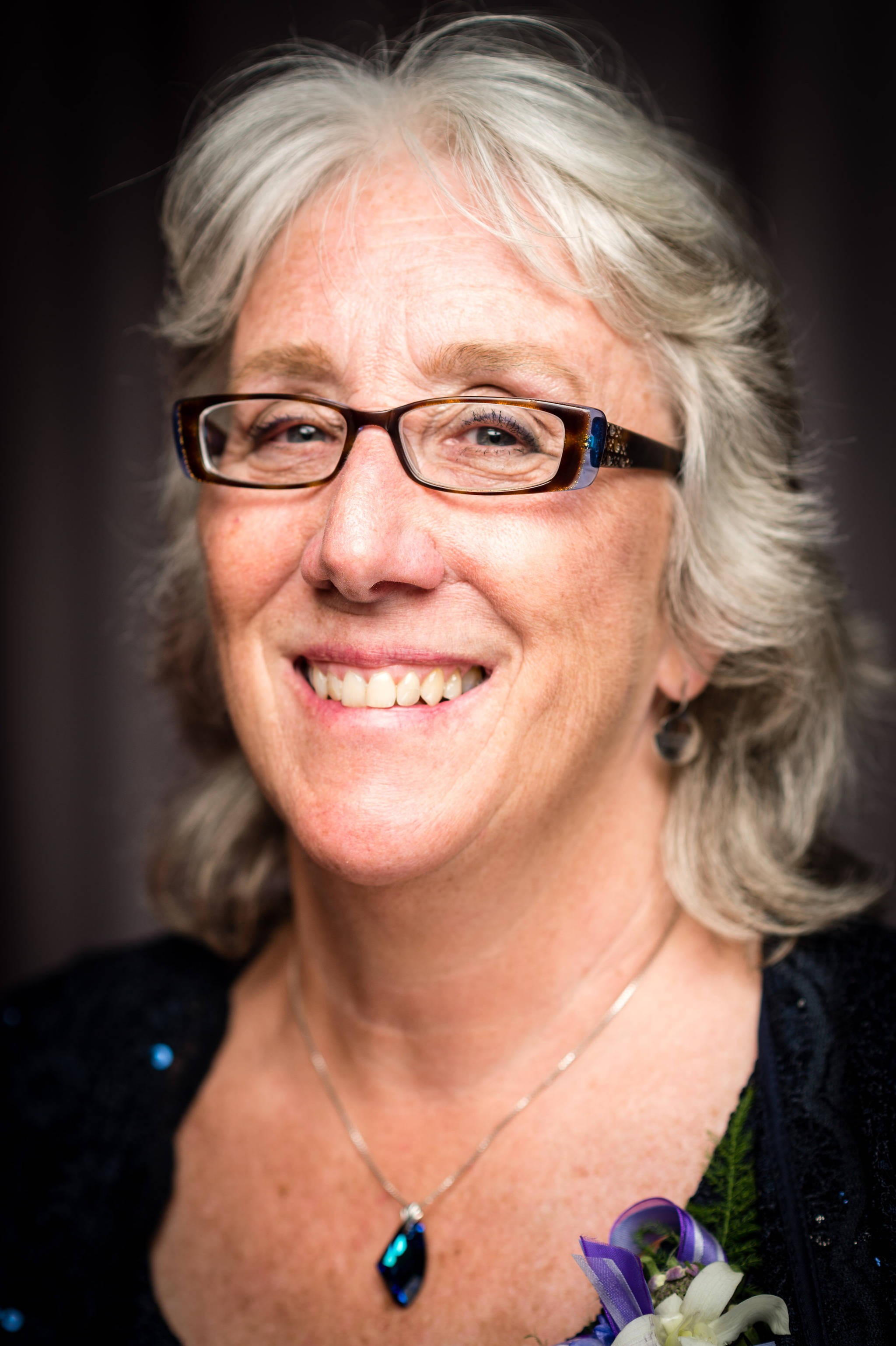In former Juneau Assembly member Kate Troll’s second book, “The Great Unconformity: Reflections on Hope in an Imperiled World,” she weaves “one part policy-philosophy, one part adventure, and one part memoir” as a call to action for millennials to address climate change.
“…I want to inspire and provide what I call ‘hope spots’ for the next generation because (my generation is) leaving things in bit of mess. The climate is locked and loaded. It’s only going to get worse, before it gets better, so (millenials) need to step up and really push the renewable energy button aggressively, keeping fossil fuels in the ground … How do you do that, and is there still reason to be hopeful that we can make these fundamental changes in time? I answer yes, but it is urgent.”
A columnist for Alaska Dispatch News and playwright, Troll frequently wrote essays both for herself and that were published in journals. (She is also a former columnist for the Juneau Empire.)
In 2006, as Troll and her husband Bill Hanson were walking along a peninsula on Lynn Canal on New Year’s Day, they saw two humpback whales breach in perfect synchronization. Troll took a mental snapshot of the image and held tightly to it as a hopeful symbol for changing political tides on issues like conservation and climate change. Some of that hope was realized when she watched the millenial generation mobilize in electing Barack Obama as president in 2008.
She wrote an essay about the experience, and as she was revising it, her friend Cameron Brynes posted a picture on Facebook he took of two different humpbacks breaching. It felt like sign to for her to write “The Great Unconformity.”
“Because I wrote columns a lot, the thought was could I put together a collection of essays and make it compelling? Then my writer friends here like Kim Heacox and Heather Lende … they convinced me to try to write it as a memoir. Then I had to really figure out if I have enough stories and could I make it as a memoir. That was the little key that set the whole book in motion. If I’m diligent enough and pay attention to all three narrative arcs, I can pull this off.”
She had half the essays already written before she decided she wanted to turn them into a book. In her first draft, Troll found her essays were heavy on policy. Through advice from her writer friends, she produced two other drafts to strike the right balance between story and information.
“I’m a firm believer that when you tell things as a story, it sticks a lot better,” she said.
It’s the most challenging writing she has ever done, she said. The writing project took her three years, and another year and half to get the book accepted by a publisher.
“It doesn’t slot easy. It’s current events, it’s memoir, it’s nature writing. A lot of publishers … they like things that are driven in one direction and they know how to market it.”
In the first part of the book, Troll introduces her idea for the book and sets the tone through her pieces like “Whales, Worry, and Wonder,” which is about the breaching humpbacks, and “In the Time of Glaciers,” which was previously published in the Oxford Journal. Then she jumps into her life story of working in natural resource management and the adventures she has had throughout her career, like in college when she snuck into the largest medieval castle overlooking the Rhine, or cracking a jokes with Yupik women while finding an oosik in a box, which is the penis bone of a walrus. Throughout it all, she reflects on her life and what she has learned as a conservationist, and what others can take away moving forward as she lays out the reality of climate change.
“There are agents of change that the Millennial generation can capture and intensify within (their) life, within (their) state, within (their) local government – and have a good time doing it. I think that’s another reason I chose these adventure stories: Life is meant to be embraced and enjoyed,” she said.
Troll advises people on how to effect positive change through a variety of forces, from the power of their wallets to engaging with people who are hesitant to accept the reality of climate change in productive ways.
Troll will be a speaker at the March for Science protest in Anchorage this April, and hopes for more opportunities to engage with young people in the future, such as classroom visits.
The book is set to release on Amazon on March 15 and Hearthside Books on April 7. She’s the bookstore’s featured author for First Friday from 5-7 p.m. and will do a book signing.
“I deal with a serious subject but there is a reason to be hopeful,” she said, “and I think I do a good job of articulating those points of hope.”
Contact Capital City Weekly staff writer Clara Miller at clara.miller@capweek.com.

